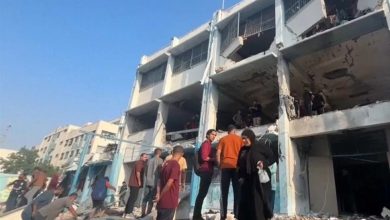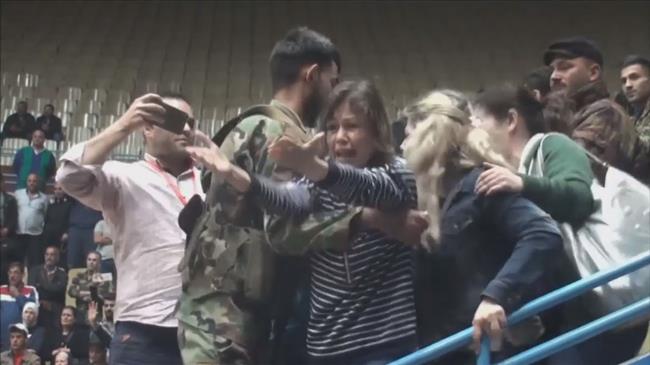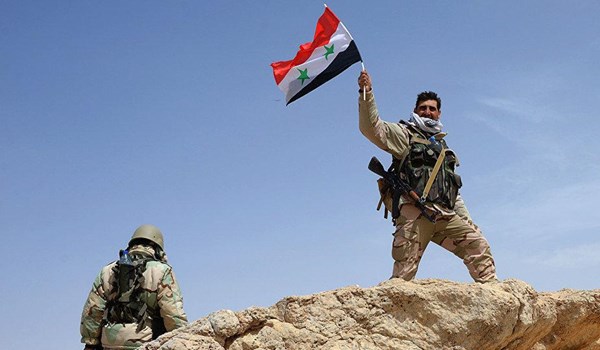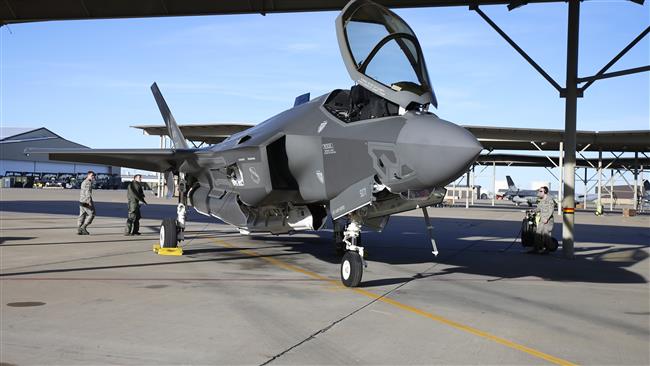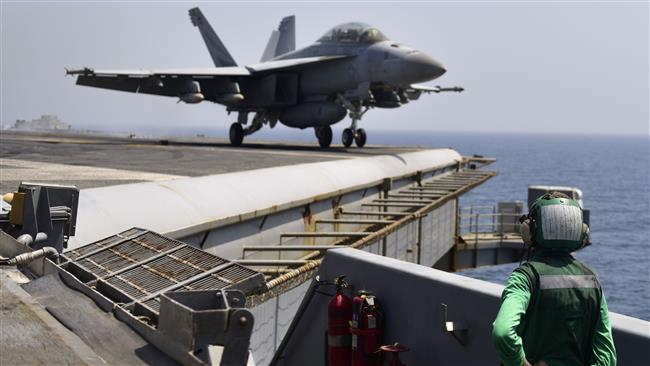President Rouhani: US no longer trusted by ‘our nation’
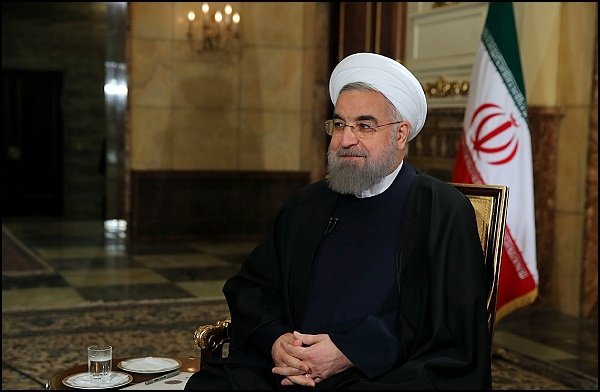

Iran’s Hassan Rouhani has told the nation topics other than nuclear program would be negotiated with the US if she had acted with good faith in JCPOA implementation.
President Rouhani addressed the nation on Tuesday evening aired live in public Radio and IRIB’s Channel One TV. This was Mr. Rouhani’s landmark speech to the nation since August 2 was a day when in 2013 he officially assumed the office of the president by the Leader’s endorsement of public’s vote for him.
Two moderators spoke to Rouhani and made questions which mainly focused on economy and JCPOA, an issue recently hotly debated over its efficacy in brining concrete changes to the public life through improving conditions the country painfully expected after nuclear negotiators cemented the deal in June 14, 2015.
President Rouhani began with the JCPOA and the improvements it brought to the economy, especially, as he provided extensive statistics, in oil and gas, believing that JCPOA had been improving the situation in economy more and more as time went by; “our figures for the second quarter of 2016 well indicate moving forward with all indicators positive growth rate as predicted for this time of the year,” was Rouhani’s take on the question of general economic conditions.
Rouhani also provided statistics, quoting customs office, for the volume of underground economic activity of smuggling goods, adding that the smuggled good had significantly shrunken in size, with discoveries also increasing; “the $ 25bn cited before is now $ 15bn, which shows a lump sum of $ 10bn; our customs office should be equipped with technologies that improve the discoveries of smuggled goods; our border patrol should also remain alert to the crossings to contribute to this decrease of the volume,” he added.
On the question of hotly debated issue of JCPOA after six months of purported implementation day, President Rouhani admitted that the 5+1 had definitely been only lukewarm in implementation, however, the JCPOA helped bring about new economic conditions and better environs for the economy; “especially, I could site our figures in oil where our oil production and sales spiked immediately after the implementation of JCPOA, albeit with minimal effect in fields other than oil markets,” he told the nation through TV address.
“In addition, we have been given ample space in terms of using our money of oil export. Compare this condition with before the JCPOA where the country was systematically paralyzed and was deprived of its money frozen in foreign banks, even when our oil customers really sought to pay for oil,” Rouhani was quick to answer. “The country has now developed banking transactions with over 400 foreign banks, the number still counting; our shipping was also a section benefiting from removing sanctions on international insurers; our ports now host international ships and our ships also stop in international ports,” he added.
Rouhani cited avoiding war impending on the country should the negotiations on nuclear program failed to produce desirable outcomes; “with our nuclear program dossier referred to the UN Security Council, Iran was wrongly depicted as an international threat and thus was target of unprecedented sanctions ever hitting a country in history; this is a magnum opus of our negotiators who worked to hammer out a deal and a win-win situation out of seemingly difficult situation,” he told the nation.
“The opponents of the JCPOA are definitely working to sabotage the deal; this is not new and the US especially Congress had been in the forefront of all efforts of bringing Obama’s foreign policy achievement to dust; even today they have been working to undermine the JCPOA,” Rouhani asserted.
“I believe the government and officials should remain united in the face of any violations of JCPOA, ready to retaliate with strong resolve.”
Quoting the Leader of the Islamic Revolution, Rouhani said that the US could have been a party for bilateral negotiations in issues other than the nuclear issue; “the US conduct had deprived her of our trust and no negotiation would restore such trust,” he added.
On his government’s plans to curb corruption especially in the case of inordinate figures of salary bills of a number of government officials, President Rouhani praised the role of social networks and cyberspace in divulging the salary bills, which was critical in public calls to transparency in fighting corruption; however, he believed that fighting corruption should not provide a certain circle for its political vested interests.
On Article 44 of the Constitution, Rouhani emphasized that mismanagement of the article had damaged the public treasury, with semi-governmental organizations receiving factories and industries where neither public nor private sector could apply systematic supervision and audit; the outcome was, Rouhani believed, the real corruption from within. “Instead of people, rentier organizations used monopoly over public sector, which was quite unnecessary by the fact that it was not real privatization as the Leader intended initially,” Rouhani told the nation.
On improving public as well as professional ethics and morality as Mr. Rouhani’s presidential campaign promise, he reaffirmed that ethics was important along moderation and constructive interaction with the rest of the world; “the government had prepared a draft, a code of conduct; the social evils and ills are rooted in the fact that we have been no longer respecting ethics, either general or professional,” said the president.
Rouhani made indirect references to recent reactions to Hafez Festival of Art, emphasizing that no authority should feel in a position to disrespect the integrity of the individuals and groups from any pulpit and platform; ‘no media should be brazen enough to culminate the individuals even if they have been convicted of a crime in a court,” he concluded.
